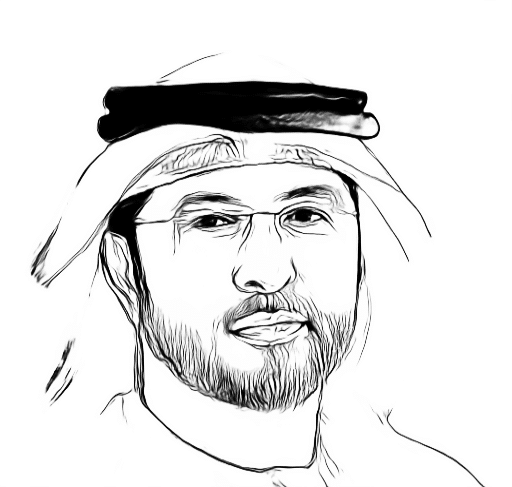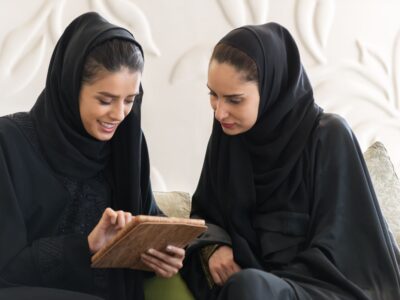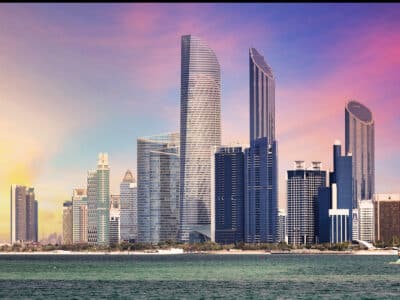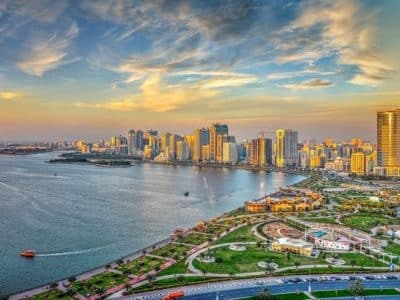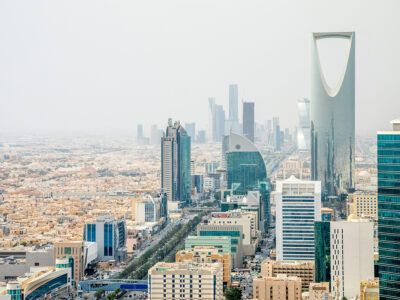With the launch of our latest whitepaper, Preparing supply chains for the future, DP World is creating a blueprint that aims to transform global logistics. And we believe that at the centre of that transformation is innovation. But in a sector dependent on reliability to move goods and services around the world, why is innovation so important?
Evolving the logistics sector worldwide is not just about the sector itself, but broader global dynamics. The impacts of high-profile incidents like the EverGiven blockage of the Suez Canal or semiconductor supply chain issues of the past three years have shown the fragility of global trade. It is global trade that has lifted nearly 1 billion people out of extreme poverty in the past 30 years.
But geopolitical tensions, climate change and its effects on universal issues such as food security means that our supply chains are more fragile than ever before. Having agility and resilience in our supply chains has never been more important, which means that it is a sector constantly needing to evolve.
With that challenging landscape, it is even more impressive that the leadership of governments across the Gulf Cooperation Council (GCC) have consistently developed proactive long-term plans that enhance and evolve the widest array of sectors and industries.
Saudi Vision 2030 and Dubai Economic Agenda (D33) represent comprehensive social and economic plans that create a path for long-term developmental growth to make the Kingdom of Saudi Arabia and the UAE respectively, global partners and economic hubs that support the world.
That overarching planning has quickly made the GCC an ideal testbed for pioneering technologies and Internet of Things (IoT) proof-of-concepts that could revolutionise the way global logistics work. That makes the region the right hub to transform the world of logistics and secure global trade. Within this pioneering landscape, the GCC has the opportunity to digitally transform our industry to become the centre of the global trade and the logistics industry.

DP World’s flagship trade and logistics hub in Dubai, Jebel Ali Free Zone (JAFZA) has long supported global trade, offering access to 3.5 billion consumers around the world. Coupled with the largest port in the Middle East – Jebel Ali Port – DP World’s assets in the UAE are the most advanced across our global network, deploying all of our technology solutions in the nation.
While technologies like automation are playing an essential role in creating efficiencies in international supply chains, DP World is more than a global logistics provider. As a trade enabler, we understand the importance of connecting businesses and people in the developed and developing world.
For example, we launched a global wholesale e-commerce platform, DUBUY.com that connects Dubai with major markets across the Middle East and Africa. With more than 1,000 registered customers and 2,000 vendors, it is a platform that brings buyers and sellers together with a single window for cross-border transactions, payment and delivery.
DUBUY.com played an instrumental role in enabling local coffee farmers in Rwanda to export their coffee beans around the world. In light of challenges Dukundekawa Coffee was facing around maintaining the freshness of its coffee beans, we connected Africa’s Fine Coffee Association via DUBUY.com with expert package solutions developer Swiss Pac. The customised packaging solution now sees Dukundekawa Cooperative export its coffee around the world.

We continue to drive significant business growth in the region by delivering end-to-end solutions which satisfy cargo owners requirements for great supply chain efficiency, transparency, resilience and sustainability. SWS Board Technology, one of the world’s largest manufacturers of action sports boards manufactures its products in its Jafza facility – a prime example of Jafza’s ecosystem supporting niche business activities.
SWS benefits from Jafza’s community and industry-specific ecosystem through shortened lead times and increased speed to market for their products with advanced infrastructure in place.
We also worked with SWS to install more than 1,300 PV panels on the facility’s rooftop, covering 95 percent of SWS’ electricity needs – one of the first in the industry to be completely powered by solar panels.
BOXBAY revolutionises sustainable supply chain solutions
While working closely with companies to drive innovative solutions, we also look to drive sustainable transformation across supply chains. BOXBAY, a revolutionary automated, safe and environmentally friendly High Bay Storage (HBS) container yard stacking system, piloted in Dubai’s Jebel Ali port since 2021 aims to speed up, improve and automate the way shipping containers are stored, moved, and shipped.
It is not only driving making a difference in the efficient management of containerised cargo but is a leap toward decreasing carbon emissions with projections of footprint by terminals reduced by 70 percent.
With full automation and digitalisation, trans-shipment speeds can be increased by up to 20 percent, a major economic advantage for the cost-intensive container shipping sector.
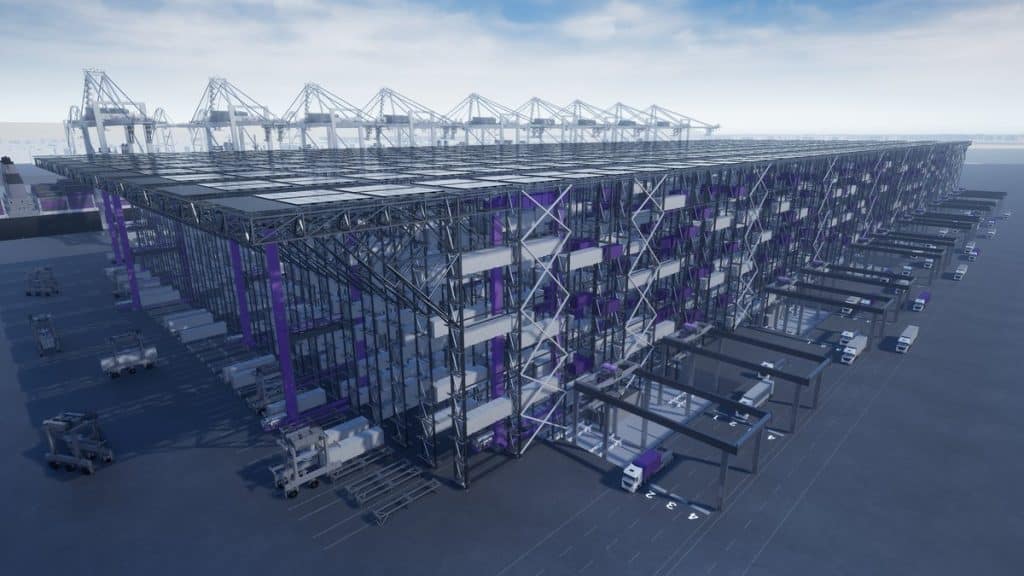
All of these deployments and initiatives stem from our ability in the GCC to take risks and search for innovative alternatives in the way we approach the world of logistics. From the region to the world, we are committed to tackling the challenges associated with global trade, food security and sustainability through enhancing international supply chains.
It is thanks to the long-term, strategic planning of the region’s leadership that we are in a position to reimagine the future of global trade.
